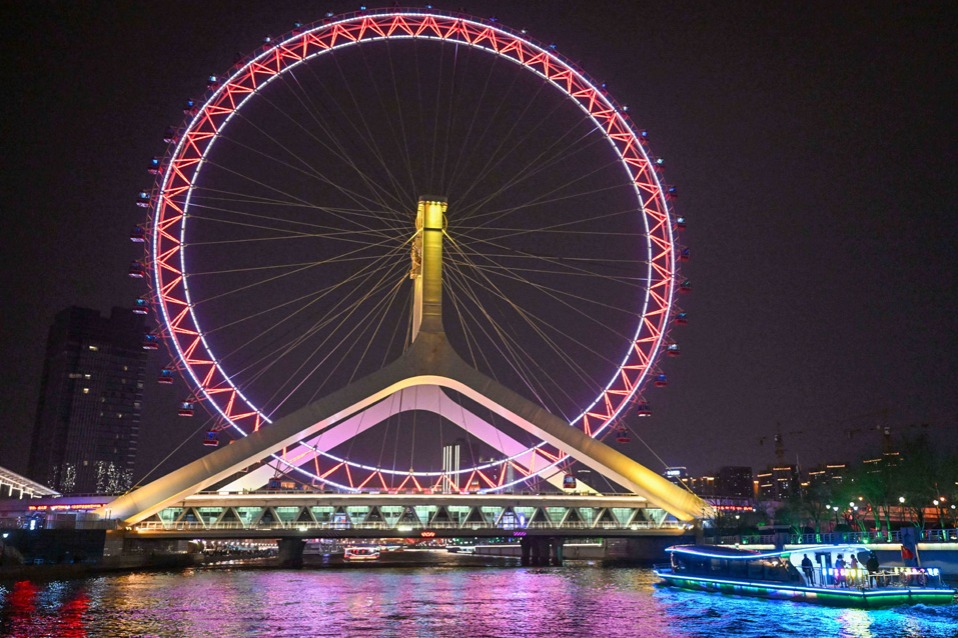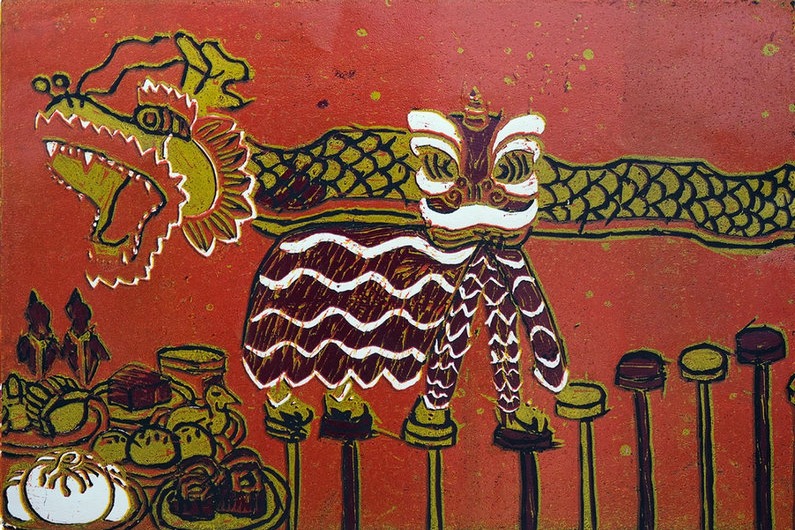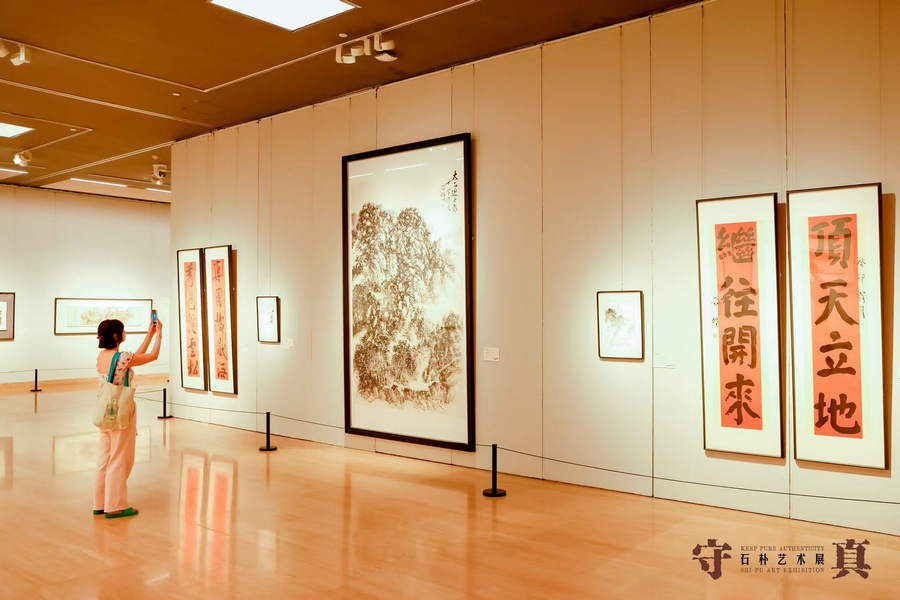British travelers see a land of charm beyond imagination

John Coles, managing director of a London-based travel agency, says he had heard a lot about China's Xinjiang Uygur autonomous region before he set foot on the land for the first time. "One of the great thrills of traveling is to go and see things with my own eyes."
From vast grasslands to snowcapped mountains and sweeping deserts, Xinjiang's landscapes left Coles deeply impressed. "The real surprise was the alpine scenery. It looked like something from Switzerland or the Canadian Rockies," he says.
As his journey continues, Coles finds himself drawn not only to the scenery but to the deep historical resonance of the Silk Road. "Many European and Western tourists are fascinated by the Silk Road, and its history and romance as a trading route," he says. "But it carried more than goods. It carried ideas."
In remote corners of the region, he has encountered crumbling ancient cities, their ruins still whispering stories of the past.
Yet what has surprised him most is the pace of contemporary change. From cutting-edge infrastructure to enormous wind farms stretching across the landscape, Coles has been struck by the scale and speed of development. "The size of the wind turbines was almost unbelievable. The transformation is happening so fast."
He also speaks of the openness he has experienced. "I wandered freely through neighborhoods. That was one of the most delightful parts of the trip — I could actually see and feel the place for myself."
Coles has been to China before. Two decades ago, when he was based in Singapore and working in the aviation sector, he visited China frequently. At the time, he said, "leaving Singapore to go to China felt like going back in time". But things have changed. "The infrastructure is astonishing."
Coles shared these reflections at a travel experience sharing session held in London earlier this month, hosted by the China National Tourist Office London. Nearly 20 British travelers gathered to exchange stories about the surprises and discoveries they found in China.
Alex Outhwaite visited China's Guizhou province and Guangxi Zhuang autonomous region in May. She says it was her first time in China, and an unforgettable one.
"We visited many traditional Miao and Dong villages, and what stood out most is the pride people have in their culture and how generously they shared it with us," she says.
The group explored local music and cuisine, and even joined a friendly football match with villagers. "We saw domestic and international tourists learning together about music, dancing, art and traditional dress. It was a real cultural immersion," Outhwaite says.
Photographer Anok Deb shows a video from Guizhou that has since gained more than 500,000 views online. "I often explored on my own and met so many local people," he says. "In a way, I fell in love with China. It's strange — I didn't speak the language, didn't grow up in the culture, but I felt completely at home. I can't wait to go back."
For some, the experience had a more personal meaning. Hari Krishna Daggubaty brought home a traditional doll of the Miao ethnic group for his niece, thinking it was simply an exotic souvenir. "But she immediately told me it was a Miao doll." Daggubaty later found she learned it from TikTok.
For Emily Grace Lymath, now a senior Asia specialist at a bespoke travel company, returning to China's Guangxi was a journey down memory lane.
From 2012 to 2014, she taught English at a local university. She was even invited to a traditional wedding by one of her former students. "Everyone was so excited."




































